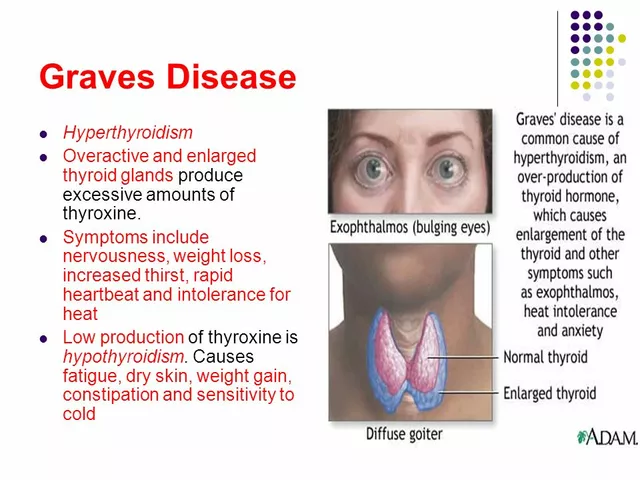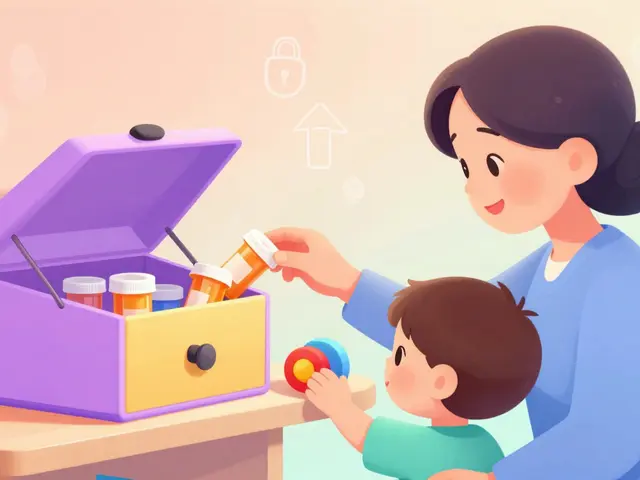Drug Interactions: Same Risk for Generic and Brand Medications
January 30 2026Dementia Treatment: What Works Now and What You Can Do Today
Dementia can feel overwhelming, but there are real steps that help slow decline, ease symptoms, and make daily life safer. Treatment isn't a single pill — it's a mix of medicines, habits, and small changes at home. Below are clear, practical options you can start using right away.
Medications that help
The most common medicines aim to improve thinking or calm severe behaviors. Cholinesterase inhibitors — donepezil, rivastigmine, and galantamine — can help memory and thinking in mild to moderate Alzheimer’s dementia. Memantine is used for moderate to severe stages and can help with confusion and daily function. These drugs don't cure dementia, but they often slow symptoms for months to years.
Before starting any medicine, check for reversible causes: low B12, abnormal thyroid tests, untreated depression, or medication side effects can look like dementia. A doctor will weigh benefits versus side effects, like nausea or sleep trouble. For severe agitation, some antipsychotics are used short-term, but they raise risks — talk openly with your clinician about alternatives first. Avoid benzodiazepines when possible; they can worsen memory and increase fall risk.
Practical, day-to-day strategies
Non-drug strategies often make the biggest difference in quality of life. Build a predictable routine: same wake-up time, meals, and activities reduce confusion. Use clear labels, large calendars, and one-step instructions. For memory: place keys and glasses in one spot, use a pillbox with alarms, and set phone reminders for appointments.
Address triggers behind hard behaviors. If someone gets upset at night, check for pain, hunger, needing the toilet, or too much noise. Validation (acknowledging feelings) works better than arguing. Simple distractions — a walk, favorite music, a snack — often calm things down faster than medication.
Exercise and social activity matter. A 30-minute walk most days helps mood, sleep, and thinking. Group activities, hobby classes, or regular visits reduce isolation and slow decline. Treat hearing loss or poor vision — fixing these often improves communication overnight.
Safety checks are practical: remove rugs, add night lights, lock dangerous cabinets, and consider a GPS watch if wandering is a risk. Talk about driving early; many people with dementia stop driving before it becomes dangerous. Plan legal and care decisions when the person can still take part — set up advance directives and a power of attorney.
Find help. Memory clinics, geriatricians, and local Alzheimer’s organizations can connect you with services, support groups, and clinical trials. Caregiver respite matters — brief breaks reduce burnout and keep families together longer.
Treatment is personal. Ask your doctor about side effects, realistic goals for medicines, and non-drug options. Small changes at home plus the right medical plan often add months or years of better function and less stress for both the person with dementia and their caregiver.
 2 Aug
2 Aug
Reminyl: All You Need to Know About Galantamine for Memory and Alzheimer's
Get the real scoop on Reminyl—how it works, its benefits for Alzheimer's and memory, side effects, and practical tips for managing dementia with this breakthrough medicine.
Read More...




